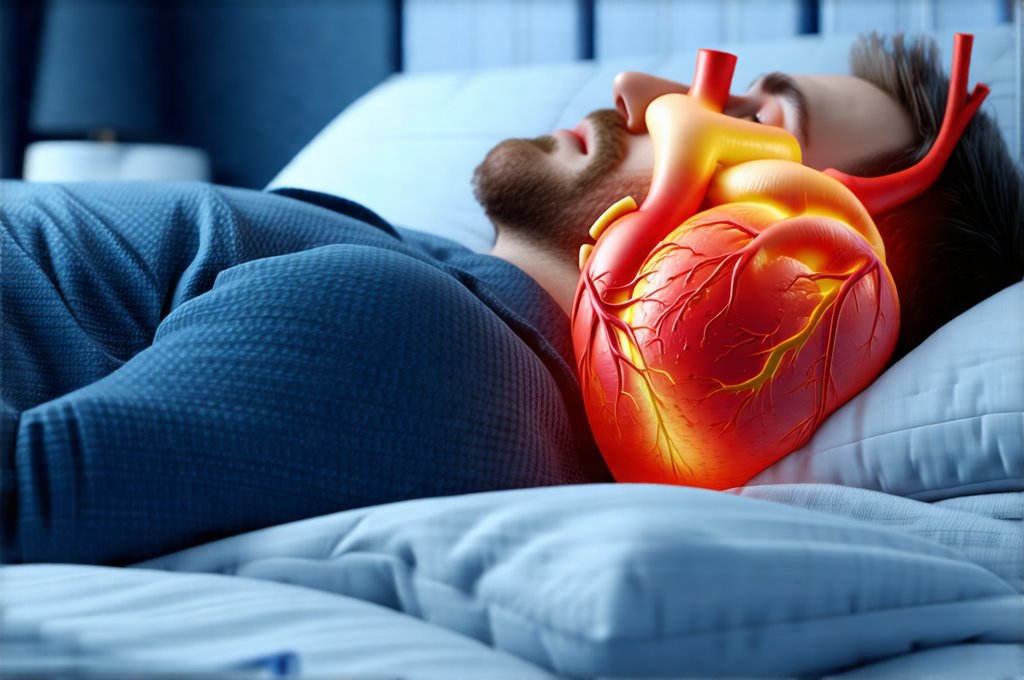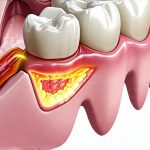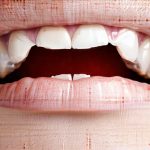Heartburn is an incredibly common experience; many people dismiss it as simply part of life, perhaps attributing it to spicy food or stress. While occasional heartburn is generally not cause for concern, when that familiar burning sensation starts creeping into your nights, disrupting your sleep and leaving you feeling exhausted, it’s a sign something more significant might be happening. It’s no longer just about discomfort during the day; it’s about the insidious erosion of restorative rest, which impacts every facet of well-being – from mood and concentration to long-term health. Ignoring nighttime heartburn isn’t simply enduring an unpleasant symptom; it’s potentially allowing underlying issues to remain unaddressed and escalating into more serious problems down the line.
The connection between heartburn and sleep is a bidirectional one. Not only can heartburn cause sleeplessness, but lack of sleep can actually worsen heartburn symptoms. This creates a frustrating cycle where discomfort prevents rest, and insufficient rest exacerbates discomfort. Understanding this interplay is crucial for effectively managing both conditions. Beyond the immediate annoyance, chronic sleep disruption linked to nighttime heartburn contributes to increased stress levels, weakened immunity, and even an elevated risk of cardiovascular problems. It’s essential to recognize that this isn’t just about avoiding a burning sensation; it’s about safeguarding your overall health and quality of life. Considering how [gut health] influences everything is also important.
The Physiological Link Between Heartburn & Sleep
The reason nighttime heartburn often feels more intense than daytime heartburn is rooted in our physiology. When we lie down, gravity no longer assists in keeping stomach acid where it belongs – inside the stomach. This makes it easier for acid to reflux into the esophagus, irritating its lining and triggering that familiar burning sensation. Furthermore, saliva production, which naturally neutralizes stomach acid, decreases during sleep. This reduced buffering effect means any refluxed acid lingers longer, causing more prolonged irritation. It’s a double whammy – less gravity, less neutralization.
Another critical factor is the body’s natural circadian rhythm and its influence on gastric acid secretion. Acid production typically peaks overnight, especially after eating dinner. While this helps with digestion during sleep, it also increases the risk of reflux if there are underlying vulnerabilities like a weakened lower esophageal sphincter (LES) – the muscle that normally prevents acid from escaping. This means even relatively mild GERD (Gastroesophageal Reflux Disease) can become significantly more noticeable at night than during the day, when you’re upright and active. Thinking about [chewing habits] may also be useful to consider.
Finally, sleep position plays a role. Sleeping flat or on your right side increases the likelihood of reflux. On the right side, the angle between the esophagus and stomach is less favorable for preventing acid flow. Left-side sleeping is generally considered better as it positions the esophagus higher than the stomach, utilizing gravity to our advantage. However, this isn’t a one-size-fits-all solution; individual comfort levels are paramount.
Identifying Nighttime Heartburn & its Impact
Distinguishing between simple indigestion and nighttime heartburn can be tricky, especially when you’re half asleep. Classic heartburn symptoms include a burning sensation in the chest that may radiate up to the throat, a sour or bitter taste in the mouth, and difficulty swallowing (dysphagia). However, nighttime heartburn often presents differently. You might experience: – Chronic cough – particularly at night – Hoarseness – A feeling of choking or struggling to breathe – Disrupted sleep with frequent awakenings – even without obvious burning sensation – Worsened asthma symptoms
These subtle signs can easily be mistaken for other conditions, leading to misdiagnosis and delayed treatment. It’s important to pay attention to the pattern of your symptoms. Does the discomfort consistently occur after lying down? Do you find yourself waking up with a strange taste in your mouth or a scratchy throat? Are you experiencing unexplained coughing fits during the night? These are strong indicators that nighttime heartburn might be the culprit. It’s important to know [what to eat] when symptoms appear.
The impact on sleep isn’t merely about being woken up. Even if you don’t fully awaken, acid reflux can disrupt sleep architecture – the different stages of sleep we cycle through each night. This means you may not achieve deep, restorative sleep even if you think you’re getting enough hours in bed. This leads to daytime fatigue, impaired cognitive function, and a general feeling of being unwell. It’s a vicious cycle: heartburn disrupts sleep, disrupted sleep exacerbates stress, and increased stress often worsens heartburn symptoms. [Gut flares] can also cause these effects.
Lifestyle Adjustments for Better Sleep & Digestion
Fortunately, many lifestyle adjustments can help mitigate nighttime heartburn and improve sleep quality. These aren’t cures, but they are powerful tools for managing the condition and reducing its impact: 1. Dietary Modifications: Avoid trigger foods like spicy meals, fatty foods, chocolate, caffeine, alcohol, and carbonated beverages, especially close to bedtime. Focus on smaller, more frequent meals throughout the day rather than large dinners. 2. Sleep Positioning: Elevate the head of your bed by 6-8 inches using blocks or a wedge pillow. This helps gravity work in your favor. Sleeping on your left side is generally preferred. 3. Timing of Meals: Avoid eating within 2-3 hours of bedtime. Give your stomach time to empty before lying down.
Beyond these basics, consider incorporating stress management techniques into your routine. Stress can significantly exacerbate heartburn symptoms. Practices like yoga, meditation, or deep breathing exercises can help calm the nervous system and reduce acid production. Regular exercise is also beneficial, but avoid intense workouts close to bedtime. Finally, maintain a healthy weight. Excess weight puts pressure on the abdomen, increasing the risk of reflux. Small changes, consistently implemented, can make a significant difference in managing nighttime heartburn and reclaiming your sleep. When you’re traveling, remember [how to handle] disruptions.
When To Seek Professional Help
While lifestyle adjustments are often effective for mild cases, it’s crucial to seek professional help if symptoms persist or worsen. Don’t self-diagnose or rely solely on over-the-counter remedies without consulting a doctor. Signs that warrant medical attention include: – Heartburn that occurs more than twice a week – Symptoms that don’t improve with lifestyle changes and over-the-counter medications – Difficulty swallowing (dysphagia) – Unintentional weight loss – Chest pain, especially if accompanied by shortness of breath or jaw/arm pain – seek immediate medical attention as this could indicate a heart attack
A doctor can accurately diagnose the underlying cause of your heartburn. This might involve tests like an endoscopy to examine the esophagus and stomach, or pH monitoring to measure acid levels. Depending on the diagnosis, treatment options may include: – Prescription-strength medications like proton pump inhibitors (PPIs) or H2 blockers – these reduce acid production – Lifestyle counseling – In rare cases, surgery to strengthen the LES or prevent reflux
Remember, ignoring chronic nighttime heartburn can lead to serious complications like esophagitis (inflammation of the esophagus), Barrett’s esophagus (a precancerous condition), and even esophageal cancer. Proactive management and timely medical intervention are essential for protecting your health and well-being. Don’t let heartburn steal your sleep – or compromise your long-term health. If you have a child experiencing discomfort, understand [belly pain] can be an indicator. Also remember that [immune cycles] may also be affected by gut health.


















